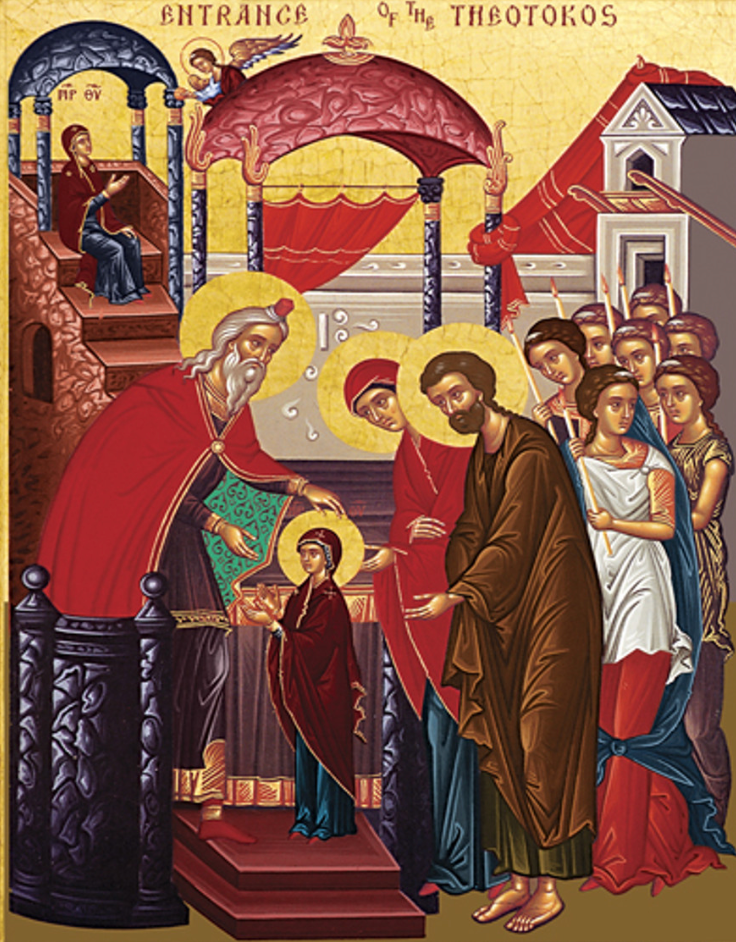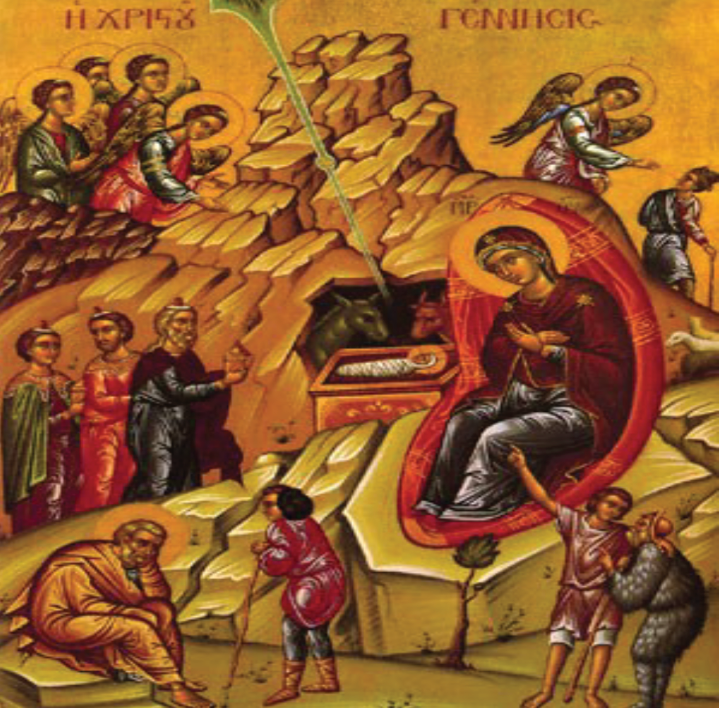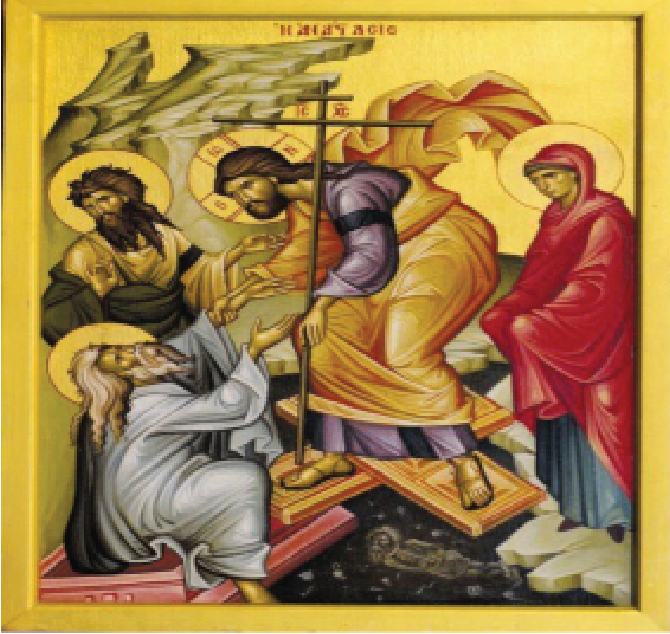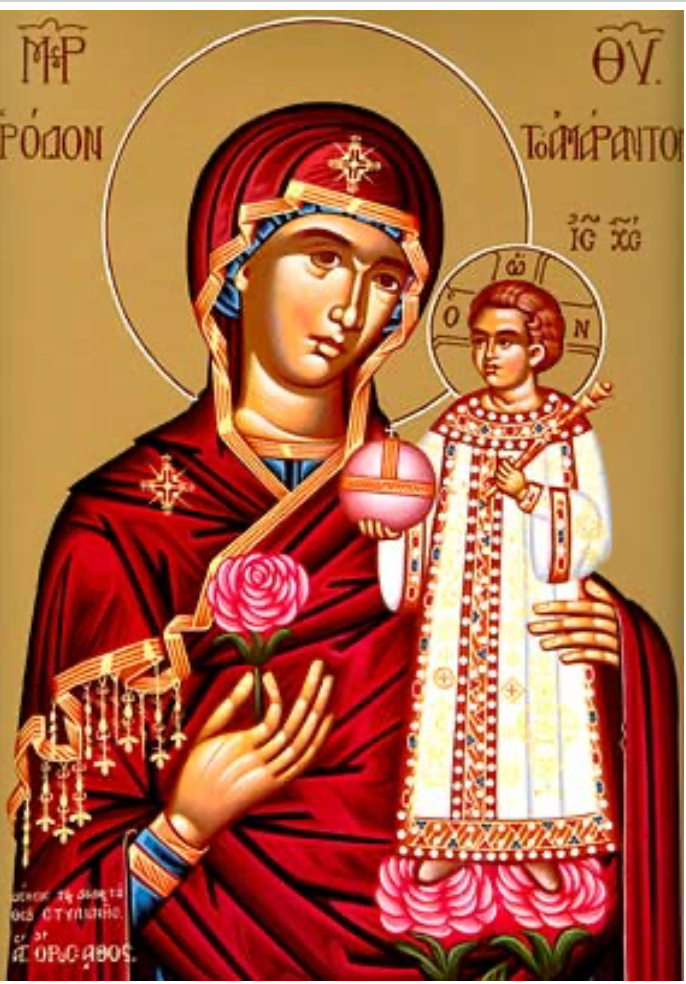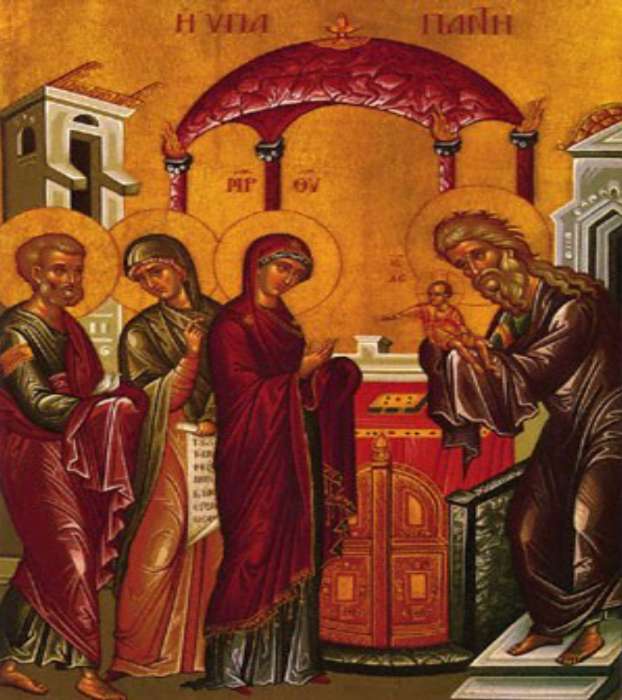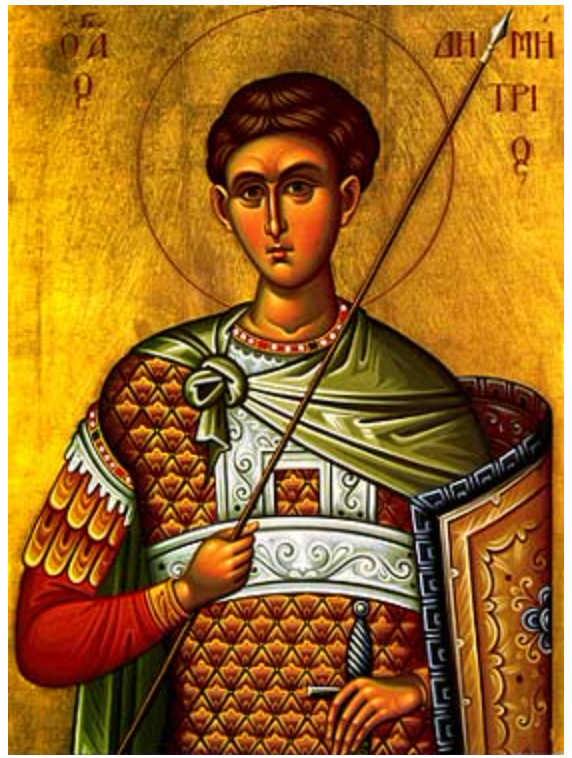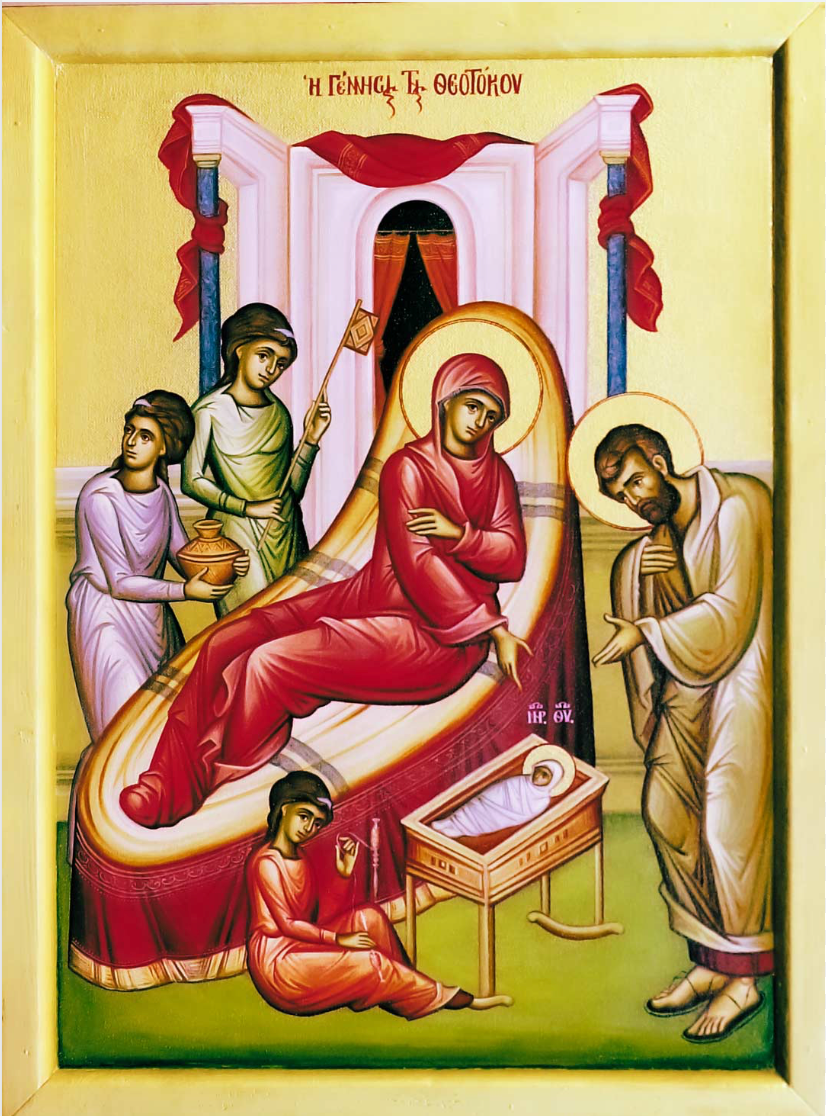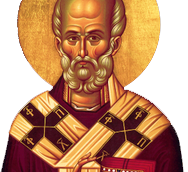"Sell all you have and give the money to the poor, and you will have riches in heaven; then come and follow me."
Sell all you have and give the money to the poor, and you will have riches in heaven; then come and follow me."
These words, brothers and sisters, spoken by Christ to the young Jewish leader of today's Gospel reading, are words that have been misunderstood, misrepresented, and taken out of their context to support all manner of religious and social theories. But the whole of the Gospel makes clear, that these words are not intended to apply as a general rule for all Christians. In other words, it was not Christ's intention that we should all renounce our property, nor did he mean to tear up the roots of society as we know it, and to propose a new social order of any kind.
Several examples will serve to prove our point. Zachaeus the Publican had accumulated great wealth in unethical ways. And yet, at the time of his repentance, Christ did not ask him to sell all he had, and not a word was said to him as to the future use of his money. If he gave away half of what he owned, and if he chose to reimburse four-fold those whom he had wronged and de frauded, it was his own enlightened conscience which suggested this course of action. At another time, when a younger brother came to Jesus and asked him to persuade his older brother to divide their inheritance, the Lord refused to meddle in the redistribution of their property. Finally, we know that neither Joseph of Arimathea nor Nicodemus, both men of considerable substance, were told to sell all and to give to the poor. It is clear in the witness of the Gospels, therefore, that although Jesus knew of the dangers and temptations of material possessions, He did not ask everyone who wished to be a disciple to entirely renounce their earthly goods.
And this principle has also been confirmed in our history and traditions as well. For many indeed are the righteous kings, queens, and rulers who lived comfortably, but whose heart's first desire was to meditate on God and on his law. Their possessions counted as nothing; their real treasure was in the reign of God, and they were thus able to attain to the loftiest heights of sanctity.
Having said all this, we are, nonetheless, confronted by the fact that in today's Gospel, Christ asks the young and wealthy ruler to "sell all he has" in order to follow him. This young man has great wealth, indeed, which provides him with a handsome living. He is educated and powerful, and enjoys life from the vantage point of the highest privilege and social standing. He is also attentive to his religious responsibilities, taking care that the commandments are scrupulously obeyed, and the forms of worship carefully observed. And yet, there was an uneasiness in him; a kind of restlessness and yearning. He didn't know what, but somewhere in the midst of all this plenty he yearned for something that was lacking. And so he came to the good teacher and asked what final thing was needed to complete his life, and to ensure his membership in the Kingdom of the elect.
Christ answers that question by telling him to "sell all he has, give the money to the poor, and come follow me." In that answer, he confronts the young ruler with an astonishing truth--that worldly wisdom and God's wisdom are often at odds. The wisdom which he so earnestly sought is indeed of inestimable value; it opens the path to a life with true meaning and far surpasses the riches of this world. It is the way which indeed leads to life. But its price is costly.
The Gospel tells us that "when the man heard this he became very sad. " And it is in that sadness that we find the answer to an important question--the question of why Christ asked this particular man, and not another, to sell all his possessions. He seemed to be a person of virtue, responsi bility and personal faith. But he was also a person who was good, who did good, and who sought to be better under only one condition--and that was that it not cost him anything. He was willing to obey the commandments, to participate in worship, to be responsible for, and careful of others, but would do so only if they did not reduce his own wealth, comfort, social privilege or anything else that he held dear. And so, in the end, the young man turned away in great sadness. He refused the challenge laid down by Christ because he had many possessions. His tragedy was that he loved those things more than he loved people; and he loved himself more than he loved others. And any man who puts things before people and self before others, must turn his back on Jesus Christ.
There is a great deal of wisdom in the Word of God heard in this morning's Gospel. But as St. Paul so eloquently expressed it, "The word of God is alive and active, sharper than any double-edged sword. It cuts all the way through, to where soul and spirit meet, to where joints and marrow come together. It judges the desires and thoughts of man's heart. There is nothing that can be hid from God; everything in all creation is exposed and lies open before his eyes. And it is to him that we must all give an account of ourselves." (Heb. 4:12-13).
Is it any wonder then, that we are frightened by the Word of God no less than the young man who came to Jesus? The truth is that many of us in today's world and today's church have an embarrassment of riches which we hold very dear. But because we have become so accustomed to these comforts, we no longer see ourselves as wealthy. We have allowed yesterday's luxuries to become today's necessities. The fact remains, however, that while much of this world goes hungry, we remain trapped in the grip of consumerism.
But as St. Paul reminded us, the Word remains a double-edged sword and we stand under its judgement. There is no escape. And so each one of us is called to personal assessment. If God becomes our all, then we live more simply, ask more questions about accumulating possessions, and are more conscious of the needy. It is not so much a question of surrendering things; that just creates a feeling of emptiness. Rather it is a question of acquiring a spiritual treasure in our hearts that does not leave room for the endless acquisition of earthly goods.
And so the question remains--what is it that stands between us and God? What blocks our path? Like Solomon, we pray for wisdom--the wisdom to know the answer and to act upon it. The wisdom to discard what deflects us from the gate to life which is narrow, and which few people find (Mt. 7:13-14), but which leads to the riches of heaven, riches that eye has not seen, nor ear heard, nor the mind of man imagined, but that God has prepared for those who love Him. (I Cor. 2:9).
